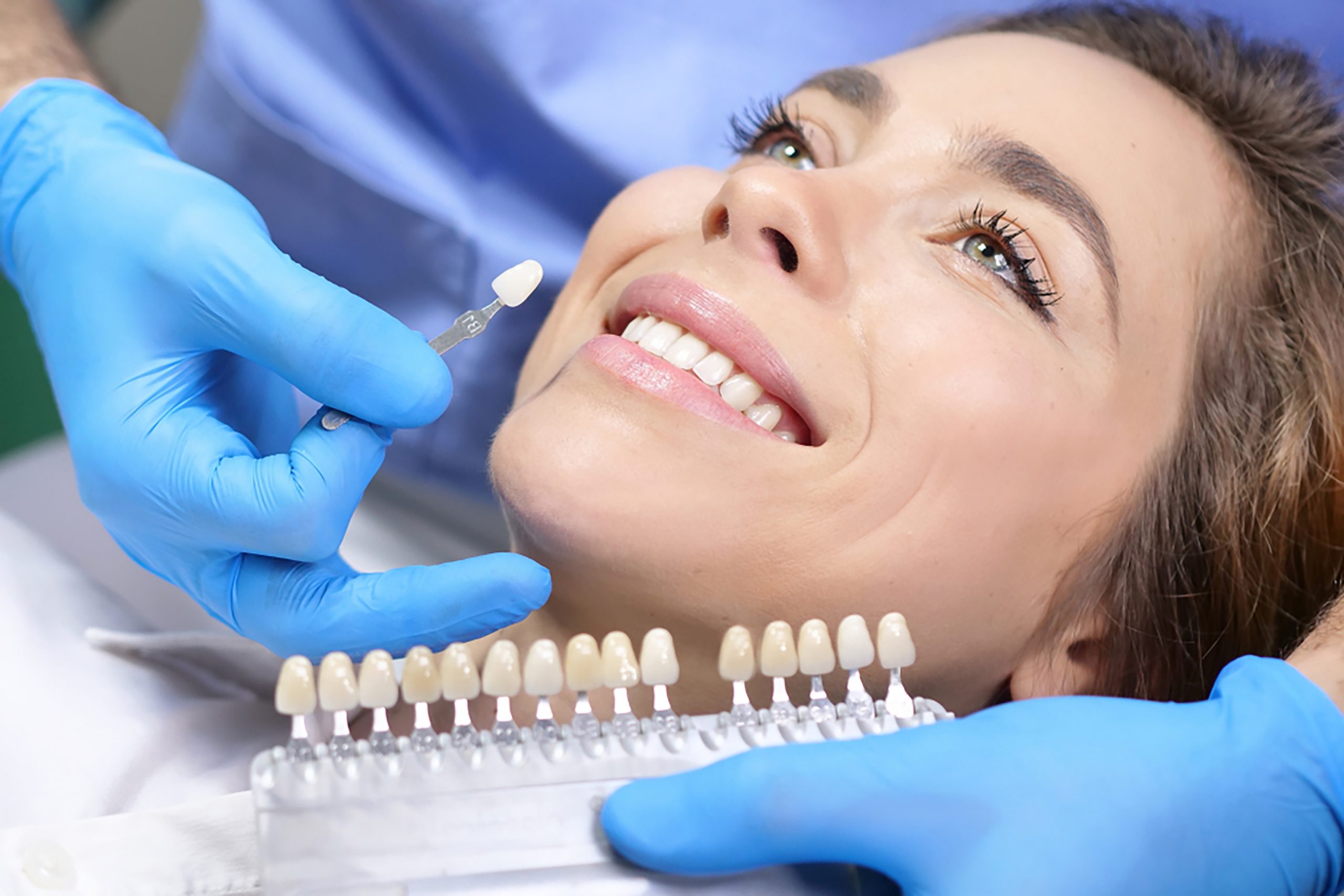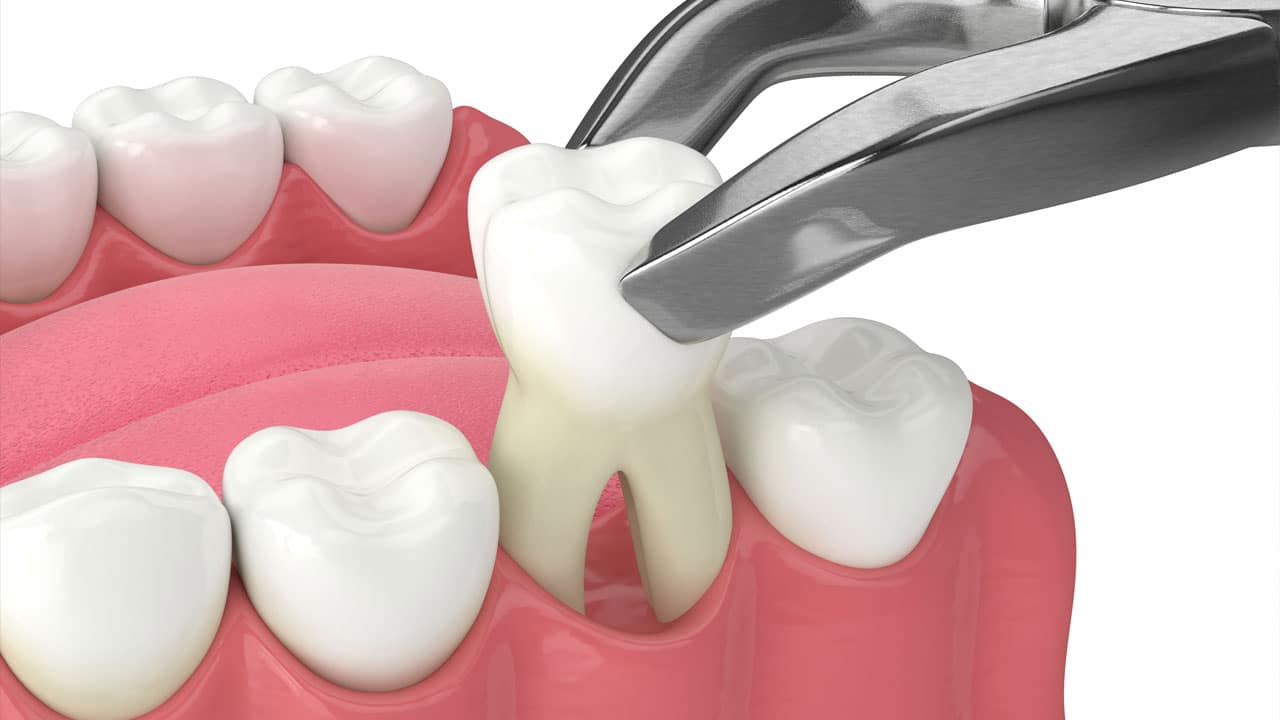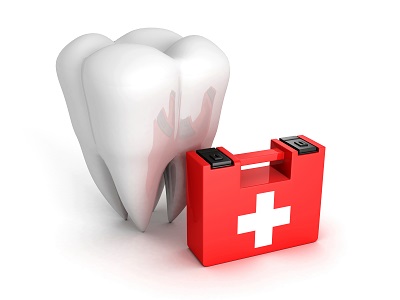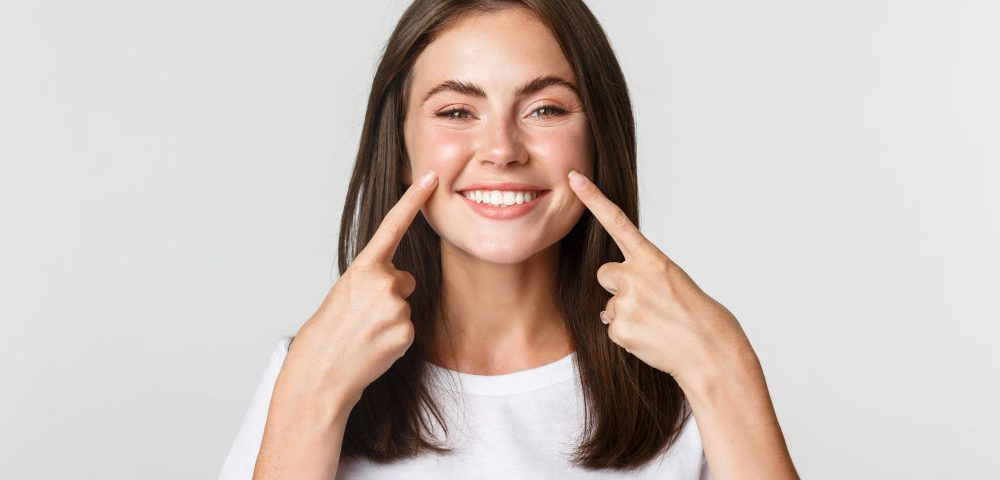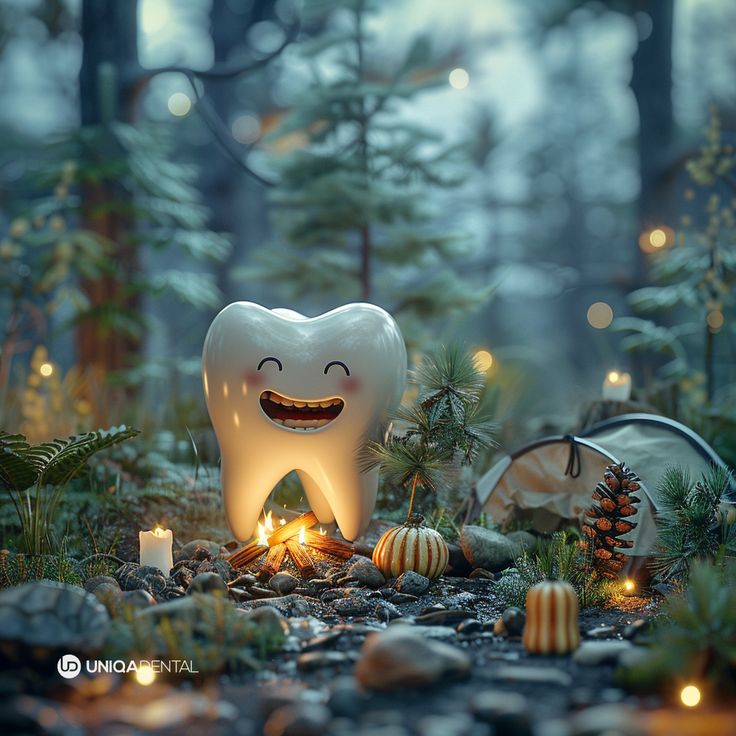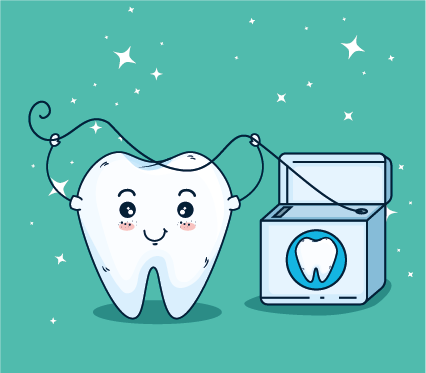At "dentsblanches", our patients often ask us about the teeth whitening procedure. Indeed, according to a survey by the American Academy of Cosmetic Dentistry, "When respondents were asked, 'What is the first procedure you would like to have to improve your smile?' the most common answer was, 'Whitening of course, whiter teeth.'
Indeed, a white smile makes an instant impression on the people you meet. If you are considering a teeth whitening procedure, here are 5 facts you should know.
1. Why do teeth change color?
There are several different reasons why teeth become discolored. The most common cause is the consumption of certain foods and beverages. Drinking red wine, coffee, or tea can discolor teeth. These drinks have pigments that deposit on tooth enamel. Tar and nicotine found in tobacco products produce brown and yellow stains. Time also plays a factor. As we age, the outer enamel of our teeth thins and the yellowish dentin underneath is more exposed. Certain medications can also cause your teeth to whiten, including some antihistamines, antibiotics, high blood pressure medications, or chemotherapy.
2. How does teeth whitening work?
Teeth whitening is a bleaching process that is achieved with hydrogen peroxide or carbamide peroxide. As a result, the light transmission of the enamel-dentin boundary saturated with oxygen free radicals increases and we get whiter teeth.
3. Teeth whitening options
Professional "in-office" zoom teeth whitening at a trusted dentist is the fastest and safest way to whiten your teeth. It usually takes less than 90 minutes and can whiten up to 10 tones. Another quite common method is to whiten teeth at home with a cap. The patient applies whitening gel to individual caps made in the clinic and can wear it everywhere: at work, while driving, while sleeping and in any situation. It is necessary to follow the rules of use! The whitening gel should be placed on the teeth only for the specified time.
The third and most affordable option is teeth whitening toothpastes and wipes. They contain mild abrasives that can remove surface stains. These products differ from whiteners in that they do not change the color of the teeth. They only help to remove stains on the surface of the teeth. In such cases, it takes longer to achieve the whitening effect and will only whiten the teeth by one or two tones. The results also don't last as long as other teeth whitening methods discussed.
4. Teeth whitening does not work the same on all teeth
As a rule, yellow teeth whiten well, brown colors much less, and gray or purple tones may not respond to the procedure at all. Also, if you have crowns, caps, or veneers, they won't react to whitening.
5. Possible side effects of teeth whitening
The most common side effect of using whitening products is tooth sensitivity. This happens when the whitening agent penetrates the enamel and irritates the tooth nerve. It is usually temporary. Professional teeth whitening does not cause any harm to the teeth: neither to the enamel, nor to the dentine, nor to the roots. In the process of chemical whitening, only the carbon lattices on the enamel-dentine border are replaced by oxygen radicals.
Now that you have the necessary information about teeth whitening, I will tell you that you can perform in-office whitening with us using the American high-quality IBRITE LED WHITENING LIGHT device and WHITER IMAGE gel.
Contact us to register


